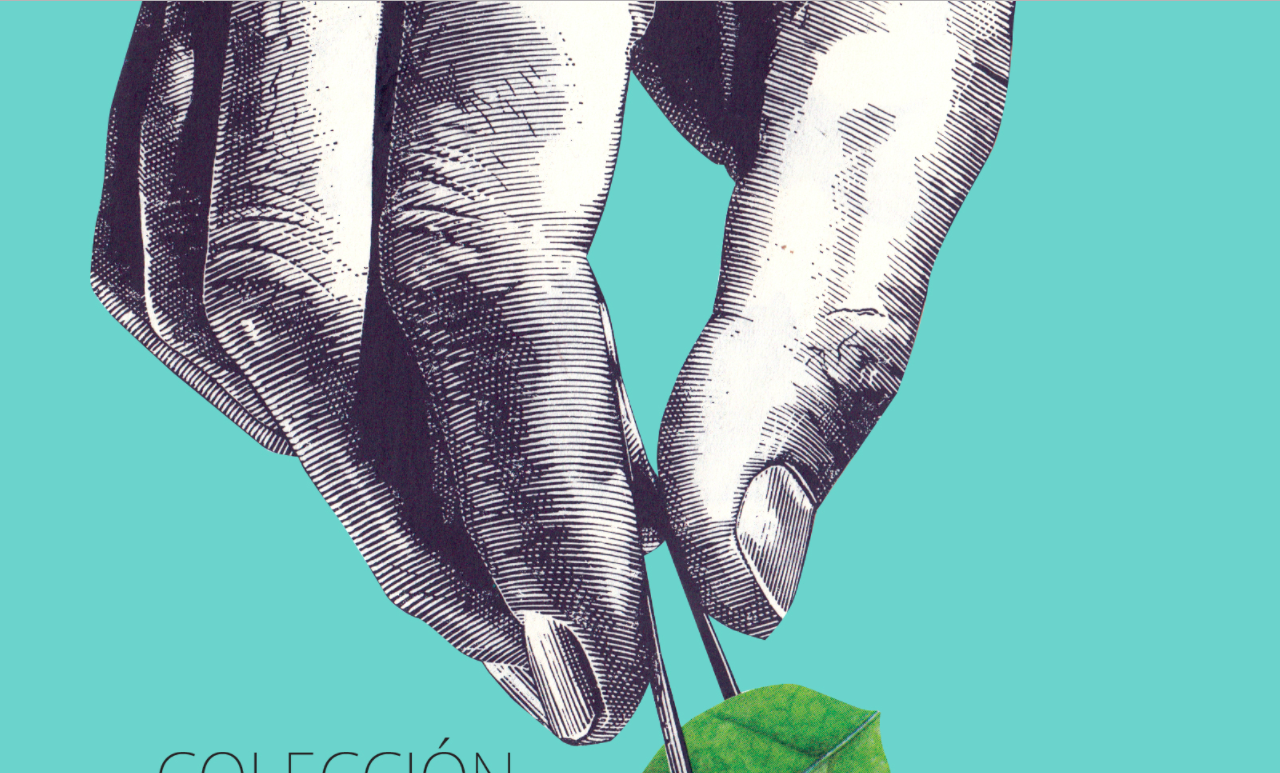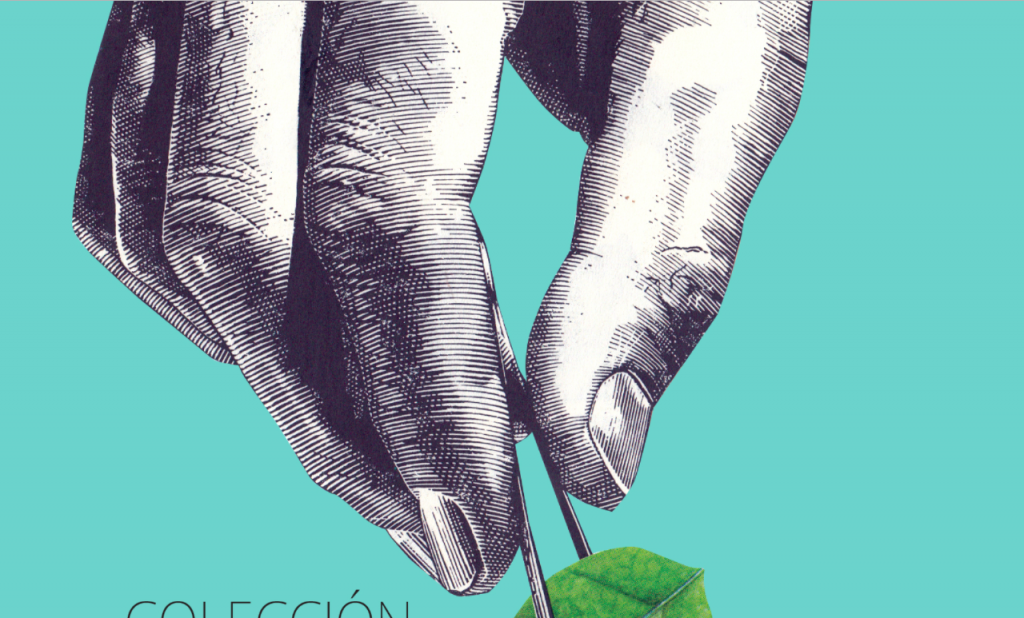The Latin American boom of the 1960s and 1970s gave us some of the most celebrated writers of the Americas, including Gabriel García Márquez, Miguel Ángel Asturias, and Mario Vargas Llosa. But as we keep extolling their works, we should also make way for a new generation of writers.
Earlier this year at the Hay Festival, Bogotá39 released its latest list of young authors in hopes of providing a launching pad for them and increasing visibility to the contemporary Latin American literary scene. More than 200 authors were up for consideration, and a jury made up of Darío Jaramillo, Leila Guerriero, and Carmen Boullosa chose the 39 who made the cut. This year’s version includes authors from 15 different countries. Once again, the list highlights a range of well-known and up-and-coming authors – all of whom will be featured in an anthology set for a January 2018 release. “I hope this project is as interesting for everyone as the first Bogotá39 in 2007,” said Cristina Fuentes La Roche, the international director of the Hay Festival. “It’s so exciting to promote these authors of impressive quality and of great diversity, and in turn promote the literary wealth of the continent.”
Check out a small selection of the young Latin American authors who have already shaped contemporary literature and will continue doing so.
1
Carlos Manuel Álvarez
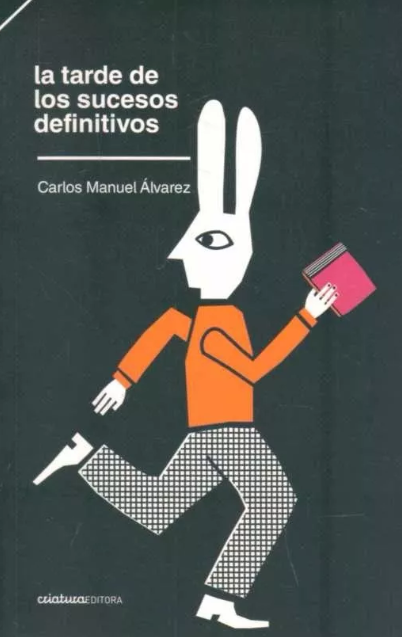
Country: Cuba
A Universidad de la Habana journalism graduate, Carlos Manuel Álvarez has written for The New York Times, El Malpensante, the BBC, and Gatopardo. While he’s achieved success as a journalist, Álvarez has also been lauded for his books. He received the Premio Calendario for the book La tarde de los sucesos definitivos – a collection of seven stories that dives into human psychology. The very different stories take place in Havana and are expertly weaved together. For example, Chilean writer Enrique Lihn is the subject of one chapter and his works are recommended in a following section.
Read a preview of the book here.
2
Frank Báez
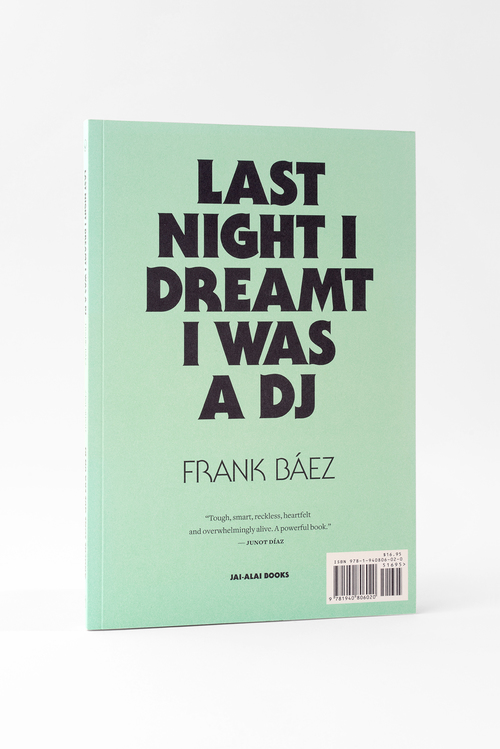
Country: Dominican Republic
Frank Báez is one of the Dominican Republic’s most important poets. With his distinct voice and originality, he’s also earned comparisons to Junot Díaz. Báez who began a “spoken word band” with poet Homero Pumarol, had his first book, Jarrón y otros poemas, published in 2004. Another seven books have followed for the co-editor of Ping Pong – a poetry magazine.
As far as his writing, the Santo Domingo native has tasked himself with capturing the neighborhood he grew up in. “In my case, I have given myself a single duty: to document the neighborhood in which I grew up, an area of Santo Domingo known as Los Kilómetros, which has not been written about, and if I do not, probably nobody will,” Báez told The Culture Trip. “I worry that if I do not put those memories and experiences to paper, they will simply disappear.”
His latest book Last Night I Dreamt I Was a DJ, which is his first book translated into English, has received several awards. He has recently returned to writing fiction.
Check out his short story “The Karate Kid” here.
3
Natalia Borges Polesso
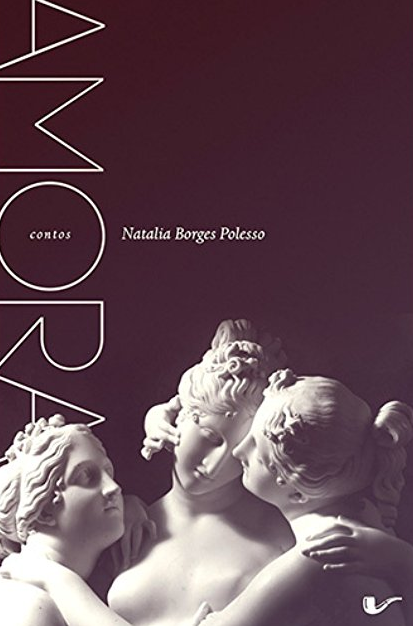
Country: Brazil
Originally, Natalia Borges Polesso dreamed of becoming a doctor. But the squeamish Natalia instead turned to writing, a field she has felt connected to since childhood. It’s a move that’s worked out for her, because Borges’ 2016 Amora won the Prêmio Jabuti, Brazil’s most important literary award. Borges called the process “intense, long, fascinating, and very entertaining. Everything inspired me. I resurrected my past and distorted everything… [I] heard many things, and told bits and pieces.”
The book looks at the same-sex relationships of several women, and the reason it feels so truthful is because she did her research. “I stayed for months and months around these women,” she said. “I wanted to know them, to know everything about them, so that they would tell me about their lives.”
4
María José Caro
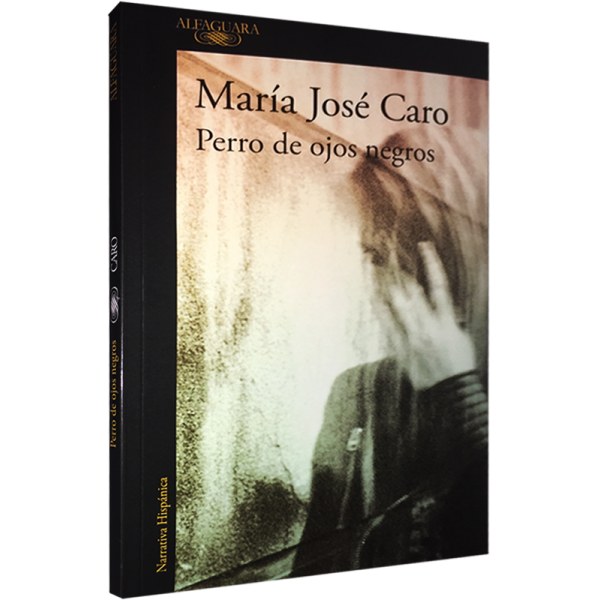
Country: Peru
María José Caro writes what she knows. So with La primaria, a book of short stories that follows a young girl named Macarena, there are elements of her life throughout. Her debut novel, Perro de ojos negro, is also about Macarena, but this time as she navigates adulthood.
“When I wrote Perro de ojos negros, I had given the character another name, but later I realized that it was the same voice,” she told El Comercio. “At some point someone told me that I’d end up repeating myself, and the truth is, I don’t think repeating the same themes, obsessions, and interests is bad. I’m not going to write about things I don’t know.”
5
Liliana Colanzi
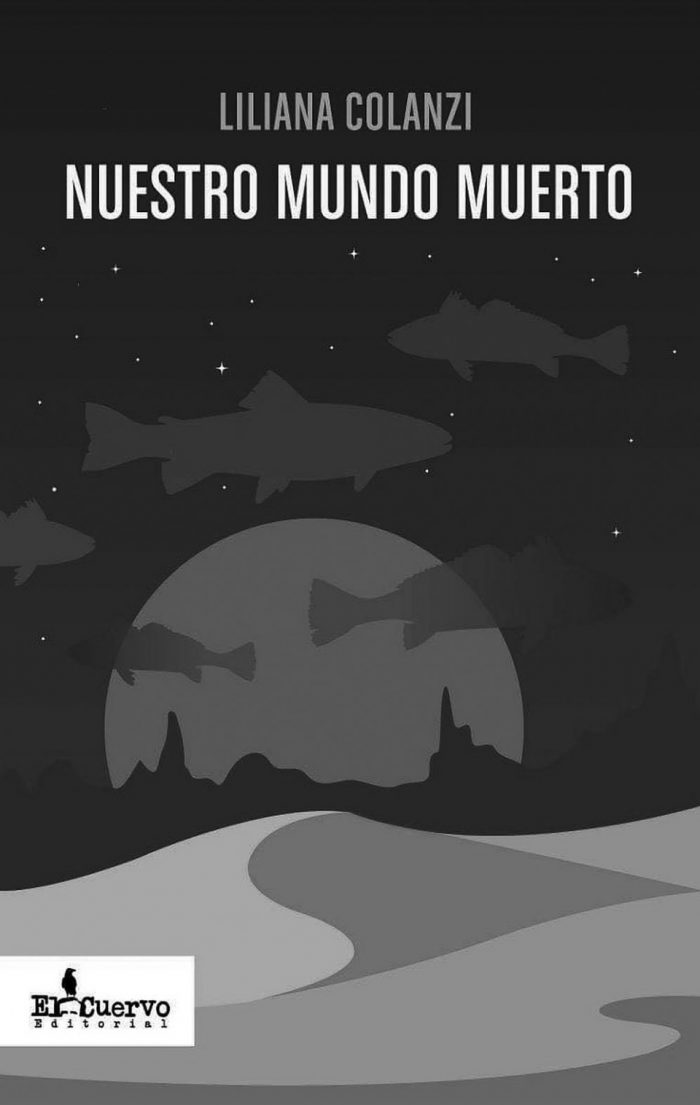
Country: Bolivia
Liliana Colanzi is heavily inspired by sci-fi, citing 2001: A Space Odyssey and author Ray Bradbury as some of her biggest influences. Her 2017 book, Nuestro mundo muerto, deals with a woman who goes to Mars and knows she’ll never be able to return to her home. She leaves behind the man that she loves.
“I think we all live at the border of life and death,” she told Infobae. “It is the most mysterious fact you can think of: one moment you’re here and the next you’re not. And the same thing happens with all the people we know and love. It’s terribly cruel, terribly mysterious, and at the same time, very attractive.”
6
Gonzalo Eltesch

Country: Chile
Gonzalo Eltesch works as an editor at Penguin Random House. With his first novel, Colección particular, he became a finalist for the Premio Municipal del Literatura. Ojo en Tinta describes this work as a collection of sadness, adding that through this emotion, Eltesch explores what it means to understand one’s self.
7
Carlos Fonseca

Country: Costa Rica, Puerto Rico
Carlos Fonseca, whose father is Costa Rican and mother is Puerto Rican, was born in Central America, grew up in Puerto Rico, and lived in the United States and the UK. He currently teaches at Cambridge.
He made his debut with 2015’s Coronel Lágrimas. Kirkus Review explains that in the book, “Fonseca looks to the golden age of Latin American literature while pondering the mysteries of mathematics.”
8
Sergio Gutiérrez Negrón
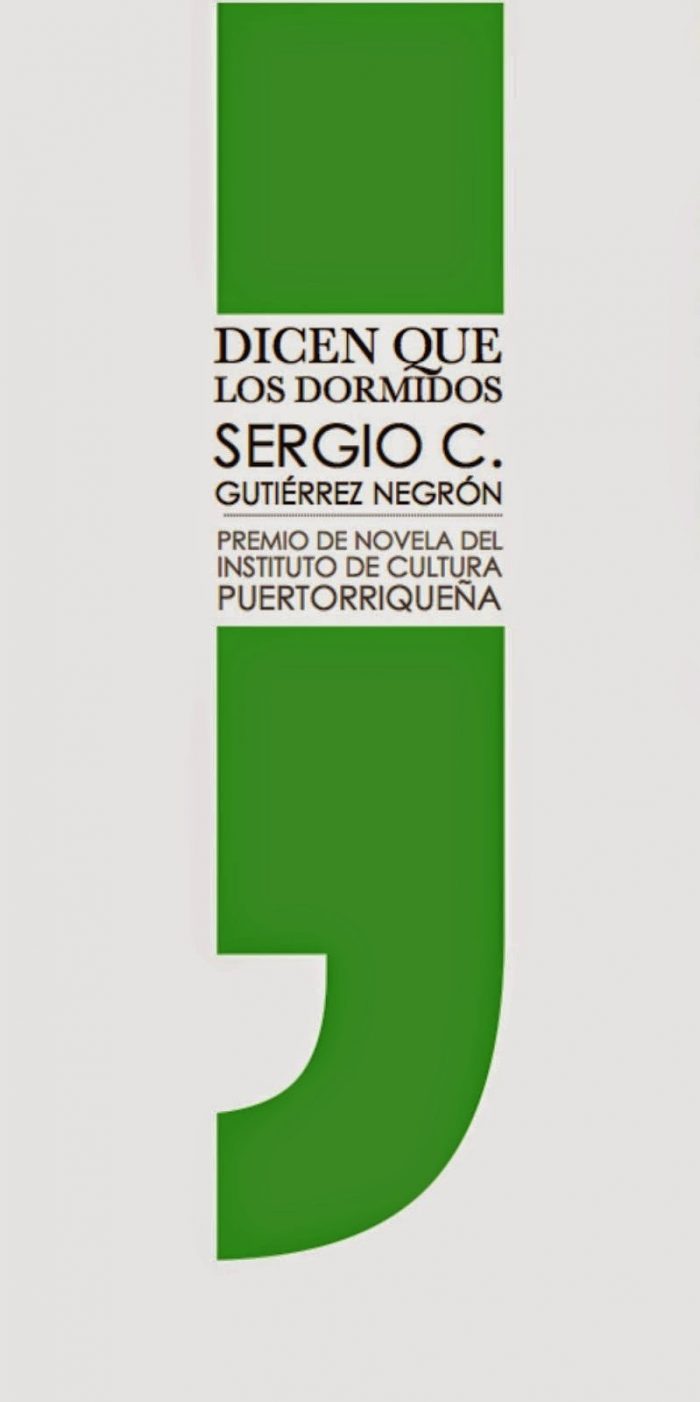
Country: Puerto Rico
Sergio Gutiérrez Negrón, an assistant professor of Hispanic Studies at Oberlin College, focuses on Mexican and Caribbean literary and cultural studies. But he’s also a columnist for El Nuevo Día and a translator. As a novelist, he’s received recognition from the PEN Club, Festival de la Palabra, and from Puerto Rico. His second novel, Dicen que los dormidos, won the Premio Nacional de Novela del Instituto de Cultura Puertorriqueña.
9
Brenda Lozano
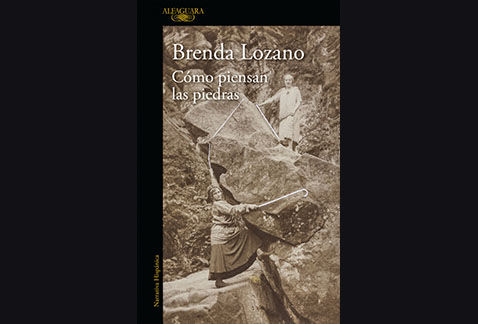
Country: Mexico
Narrator and essayist Brenda Lozano is one of Mexico’s most promising young talents. Her first novel, Todo nada, came out in 2009. Her third and latest novel, Cómo piensan las piedras, is a collection of stories, all of which feature stones.
“In each story, there is a stone; it’s as if they were some sort of ghost that traverses the book,” she said, according to La Jornada. “In one, there’s a stone in the kidneys that causes a medical emergency. In the Jewish rite, the river stones are used to bury someone, to say goodbye. Even though [the stones] aren’t always the protagonists, and perhaps imperceptible at times, still they play important and different roles.”
10
Valeria Luiselli
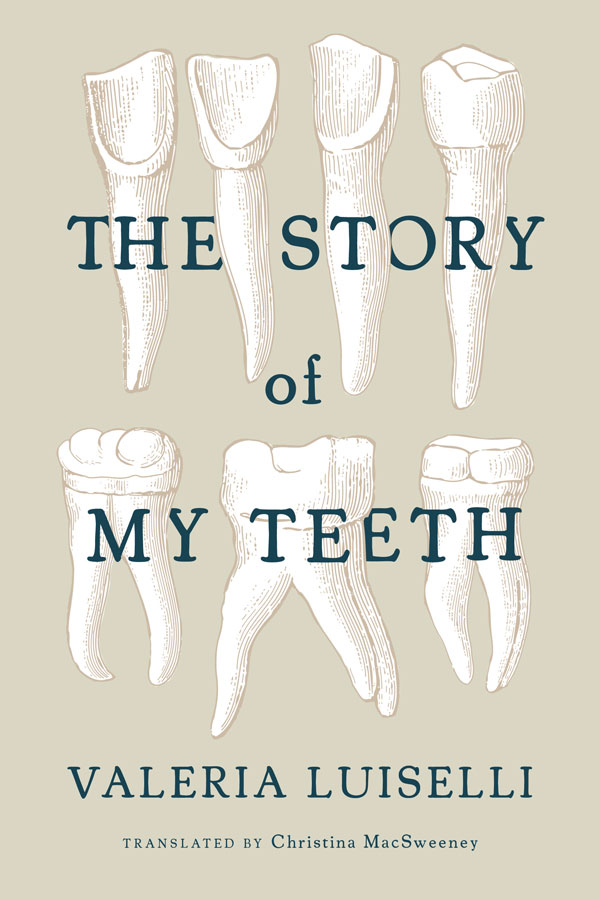
Country: Mexico
Valeria Luiselli has made a name for herself as one of Mexico’s most talented young writers. In 2016, her novel, The Story of My Teeth, was up for a National Book Critics Circle Award. Galería Jumex commissioned the work, and Luiselli worked alongside factory workers from the Jumex juice factory to get the story completed.
“I would send them a weekly chapter,” she told Remezcla. “The workers would then get together at night, after their workday and read that chapter out loud. They would also critique the chapter, comment on everything. An audio mp3 file of each of these sessions was recorded and sent to me here in New York. I would listen to the complete session, take notes and shape the following chapter according to the feedback I had received from the workers. I would spend the entire following week working on the next chapter so that they could receive it a week later.”
11
Alan Mills
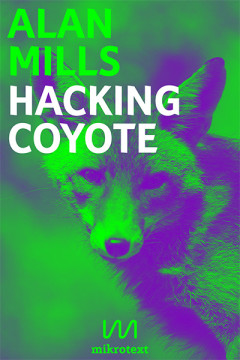
Country: Guatemala
Alan Mills began writing as an adolescent. The Universidad de San Carlos alum has been recognized worldwide. WMagazín and BBC named him one of the best and most promising writers of Latin America. His latest book, Hacking Coyote, is a mish mash of popular culture (everything from Star Wars to Bugs Bunny to David Bowie), indigenous mythology, and the literary world. In the book, Mills “attempted to test the points of contact between essays, poetry and fiction.”
For Mills, writing “is a task that causes me vertigo, charges me with energy, makes me alert, connects me to my instinctive part, makes me feel safe and at the same time in danger.”
12
Mónica Ojeda
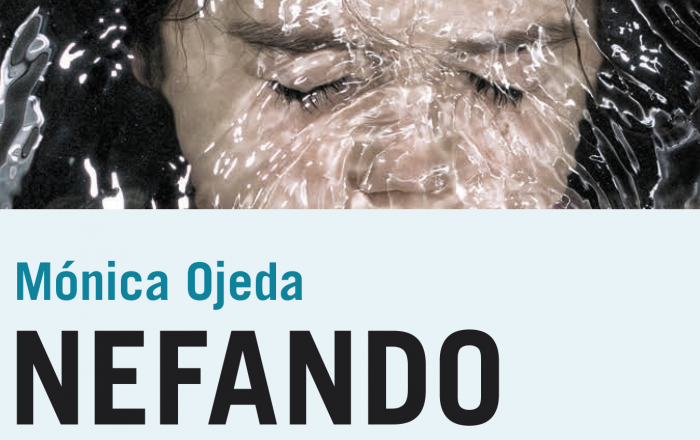
Country: Ecuador
Mónica Ojeda’s first novel La desfiguración Silva first gain attention in Cuba when she won the Premio Alba de Narrativa. It later became known in her own native country. Ojeda explained that because she didn’t have any connections to Ecuador’s publishing world, she decided to try her luck with literary award. That’s when her writing career really took off.
Her latest novel, Nefando, is poetic and dark. It deals with topics like incest and struggling to accept one’s sexual identity. “[Nefando] is about extending our empathy and comprehending someone else’s pain,” she told El Diario. “Although it’s an entelechy, it is what moves us to put into words our experience and to narrate them to someone else.”
13
Felipe Restrepo Pombo
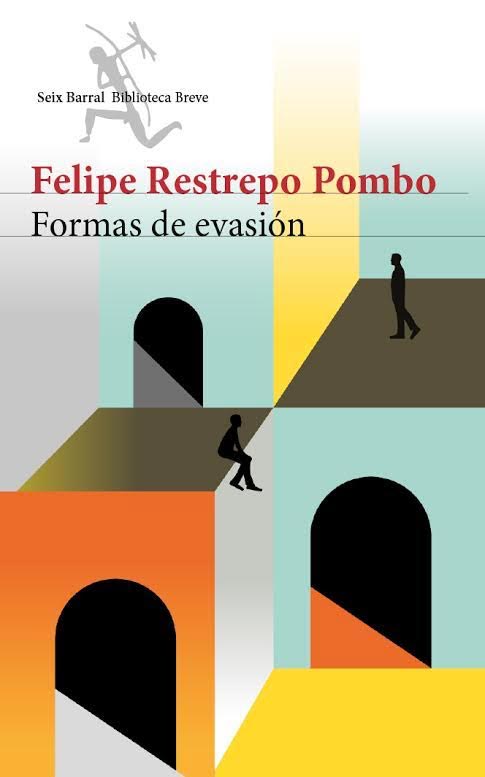
Country: Colombia
Felipe Restrepo Pombo began his illustrious writing career under the guidance of Gabriel García Márquez at Cambio magazine. The journalist and Gatopardo magazine editor made his debut as a novelist with Formas de evasión. The book tells the story of a character named Victor Umaña, who has a habit of disappearing. He infuses his journalism skills into the story. It took him about five years to put the book together. He cited movies, Agatha Christie, and Truman Capote as influences for the book.
“I wanted to write a novel that had the rhythm of a thriller,” he told Culto. “I worked on it a lot. I wanted the rhythm which it was read to be vertiginous.”
14
Samanta Schweblin
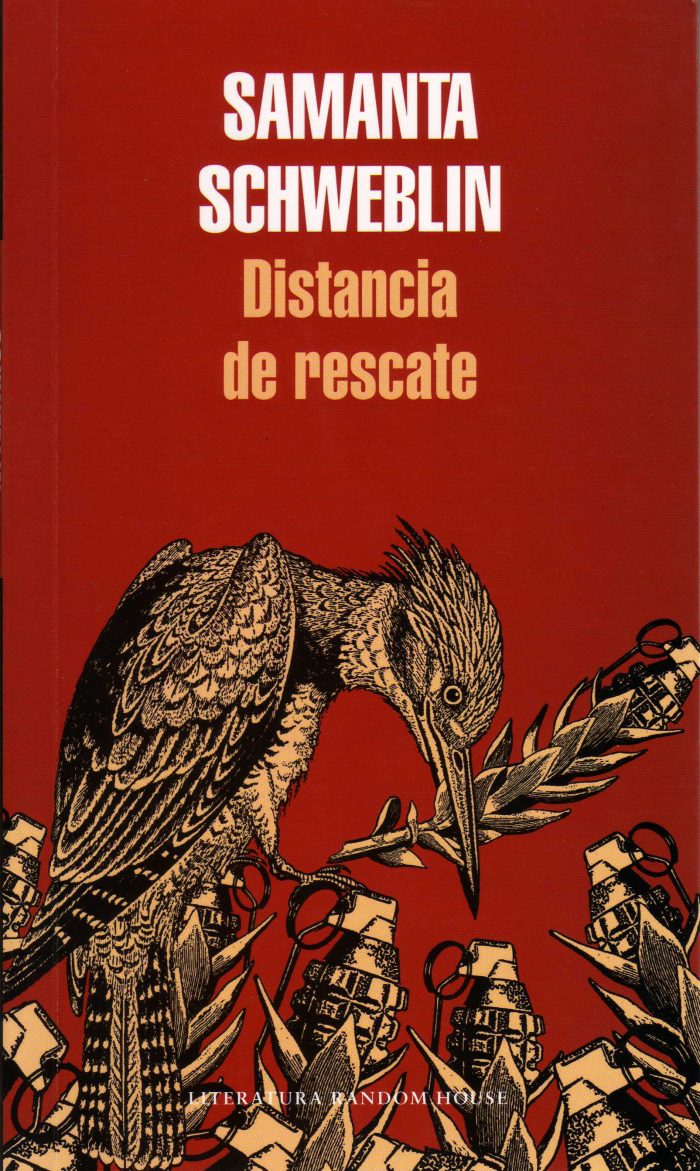
Country: Argentina
It’s impossible to discuss contemporary Argentine literature without mentioning Samanta Schweblin. She wrote her first book, El nucleo del Disturbio, in 2002, and she followed it up with a few more critically-acclaimed short stories. After 2009’s Pájaros en la boca, she released her first novel, Distancia de rescate.
The book looks at the way nature has been transformed right before our eyes, whether or not people realize it. It also examines the change in human nature, especially when it comes to the relationship between parents and their children.
In Distancia de rescate, Amanda and her daughter rent a house in the woods from Carla, a woman whose son, David, drinks poisoned water from a stream and loses half of his soul. At least, according to Carla. Though David is a boy, he has an unsettling voice that sounds more like a man’s than a child’s.
15
Jesús Miguel Soto
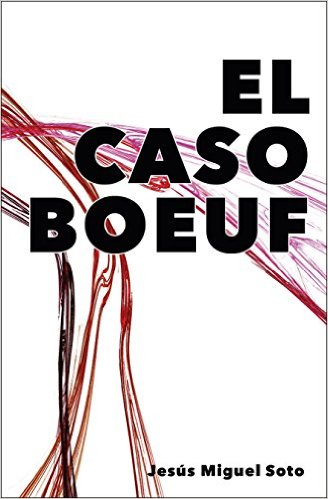
Country: Venezuela
Caracas-born Jesús Miguel Soto’s stories have received national and international acclaim. He has already written three books: Perdidos en Frog, La máscara de cuero, and El caso Boeuf. He counts Martínez Bachrich, Payares, Castillo Zapata y Vegas as some of his influences. The Venezuelan writer also doesn’t like to discuss what he’s working on until it’s complete.
“I don’t like to discuss what I’m thinking of writing,” he told Letralia. “In general, I take a lot of notes that later either connect or don’t. And the initial idea could become quite blurred.”
In his latest book, El caso Boeuf, main character Matías Parra has spent two years engrossed in building a collection of useless items he picked up wandering around his university. He’s unable to make anything meaningful materialize out of what he’s collected, but he ends up meeting the odd Baltazar Boeuf, a professor.
16
Valentín Trujillo
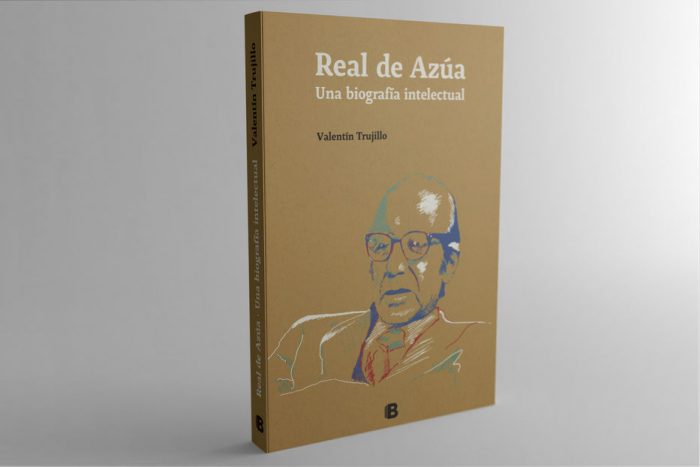
Country: Uruguay
Born in Maldonado, Uruguay, Valentín Trujillo studied Uruguayan cinemateca and became a professor of language and literature. He received the Premio Onetti for his novel, ¡Cómanse la ropa!
His latest book, Real de Azúa. Una biografía intelectual, follows the life of Uruguayan lawyer, essayist, and professor Carlos Real de Azúa from the 1930s to the 1970s.
17
Claudia Ulloa Donoso

Country: Peru
Claudia Ulloa studied sociology and linguistics. she now lives in Norway and works as a professor of languages. At 18, she won a writing contest for prestigious magazine Caretas. Her books include El pez que aprendió a caminar, Pajarito, and Séptima madrugada, based on her blog of the same name.
“Writing is my most urgent desire, even if I don’t publish it,” she told El Comercio. “I have a blog. I try to keep a diary. Writing has always been a part of me. Really, the question was more about why I should publish. I feel publishing is a way of embodying the past, a form of preserving it.”



